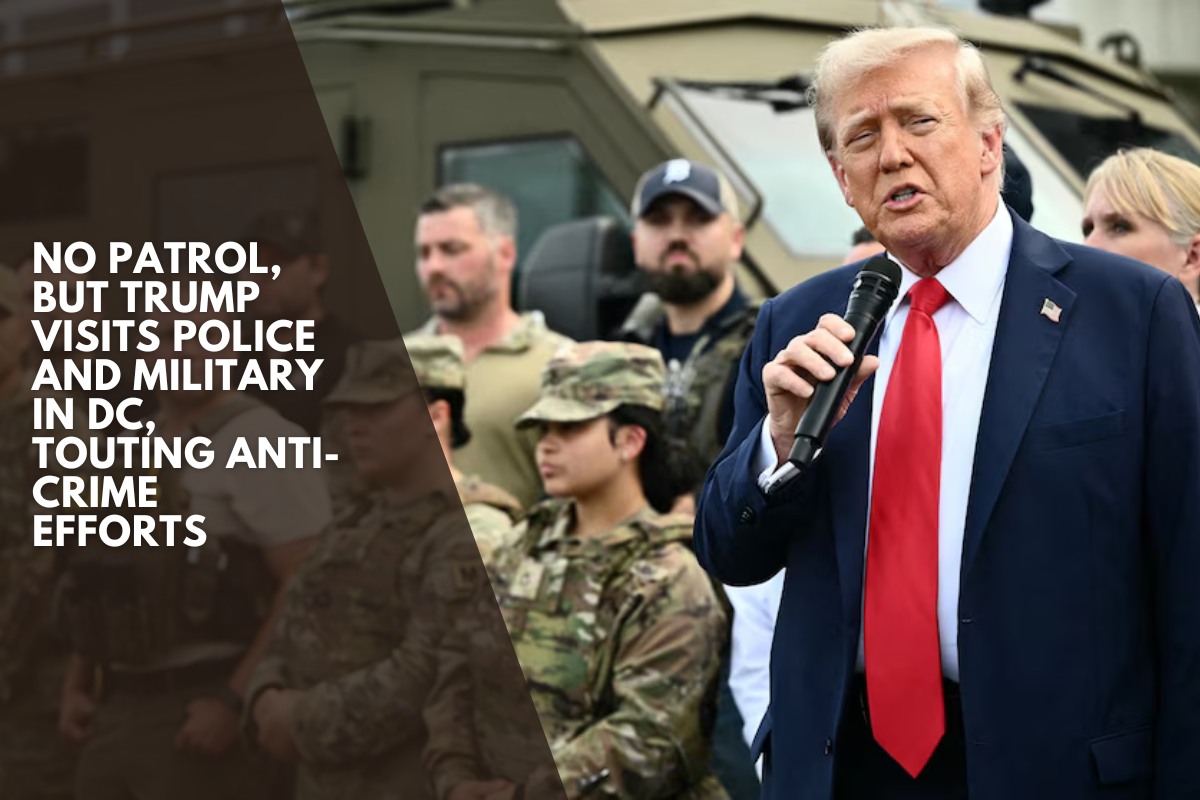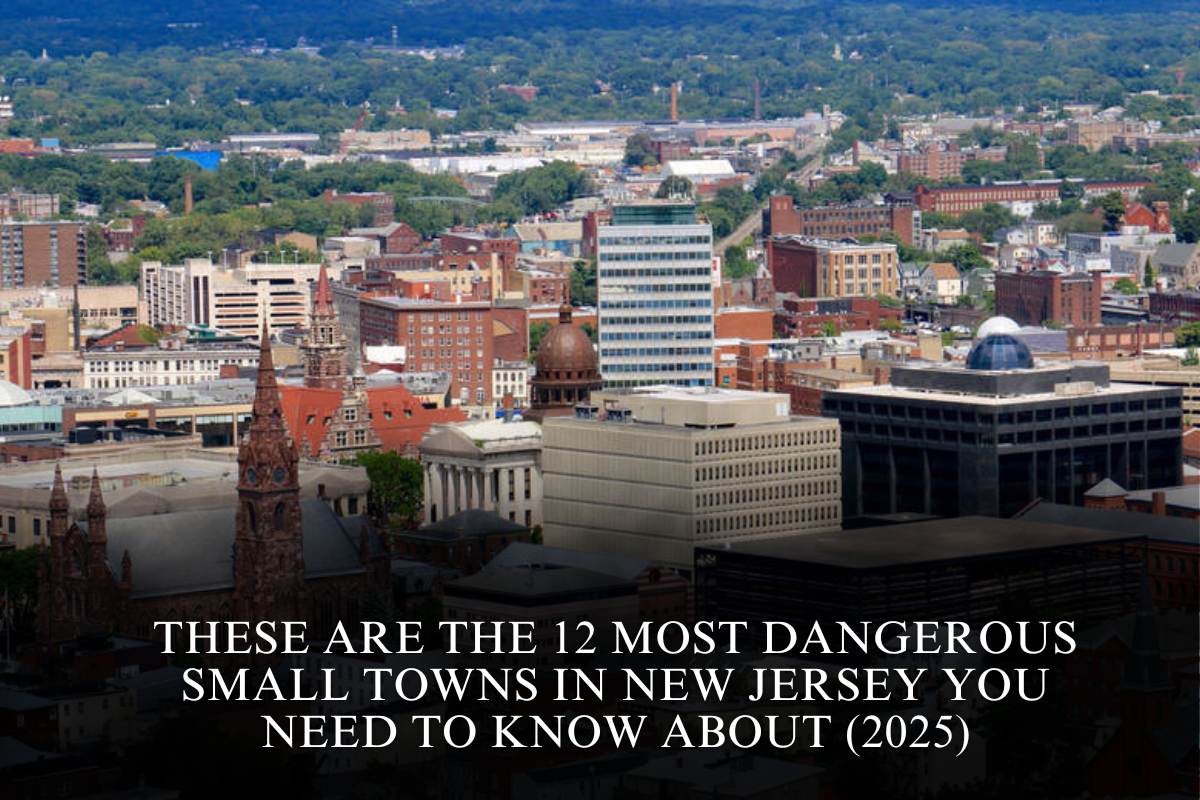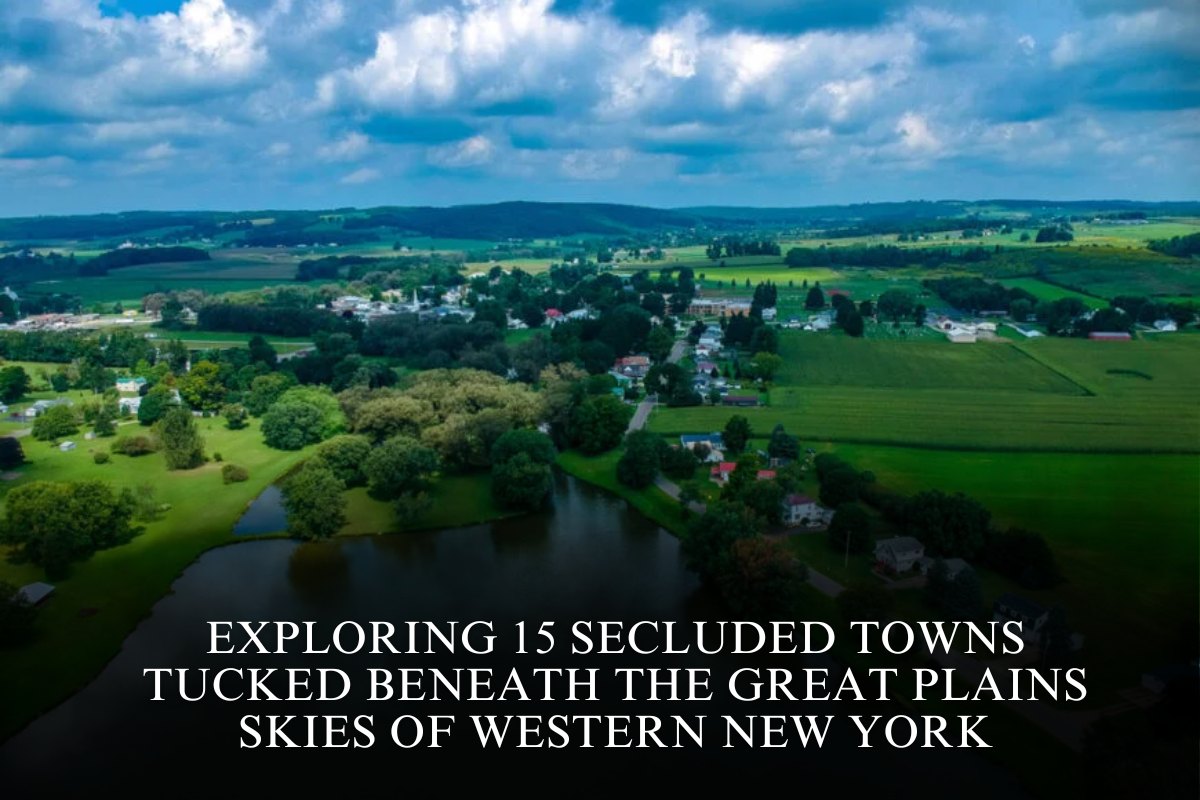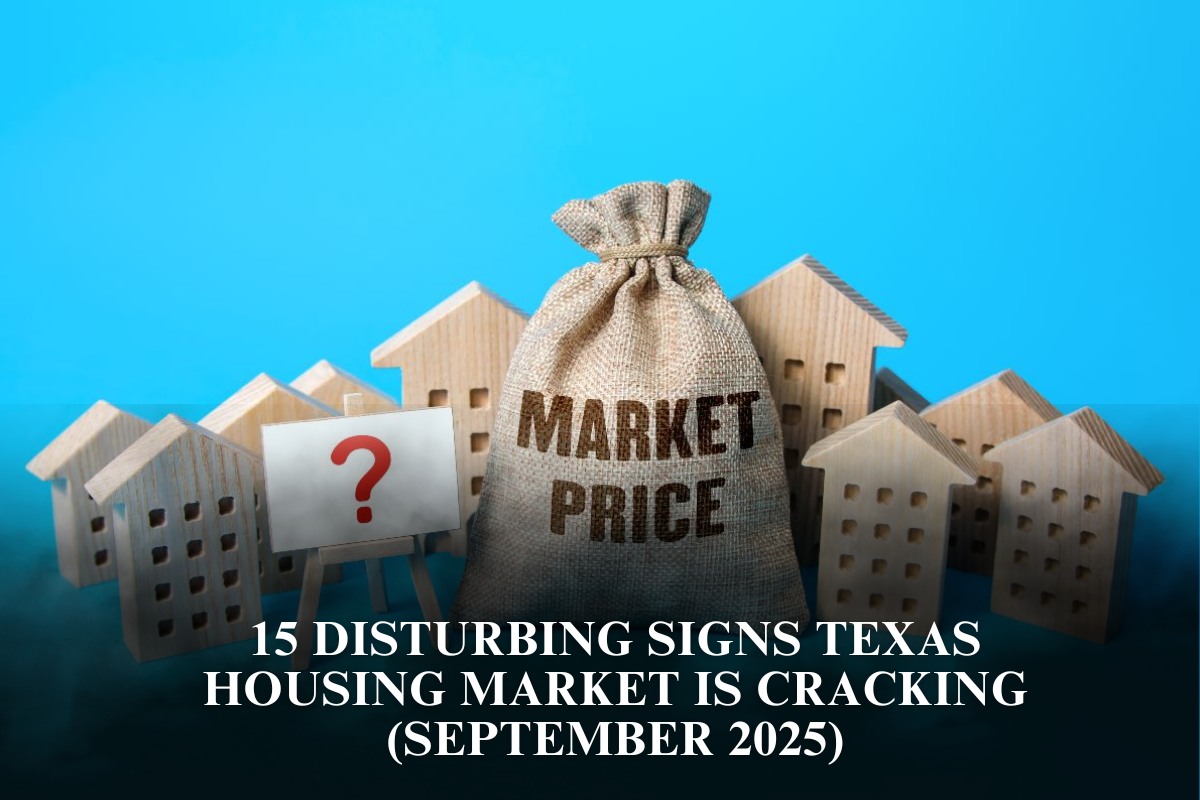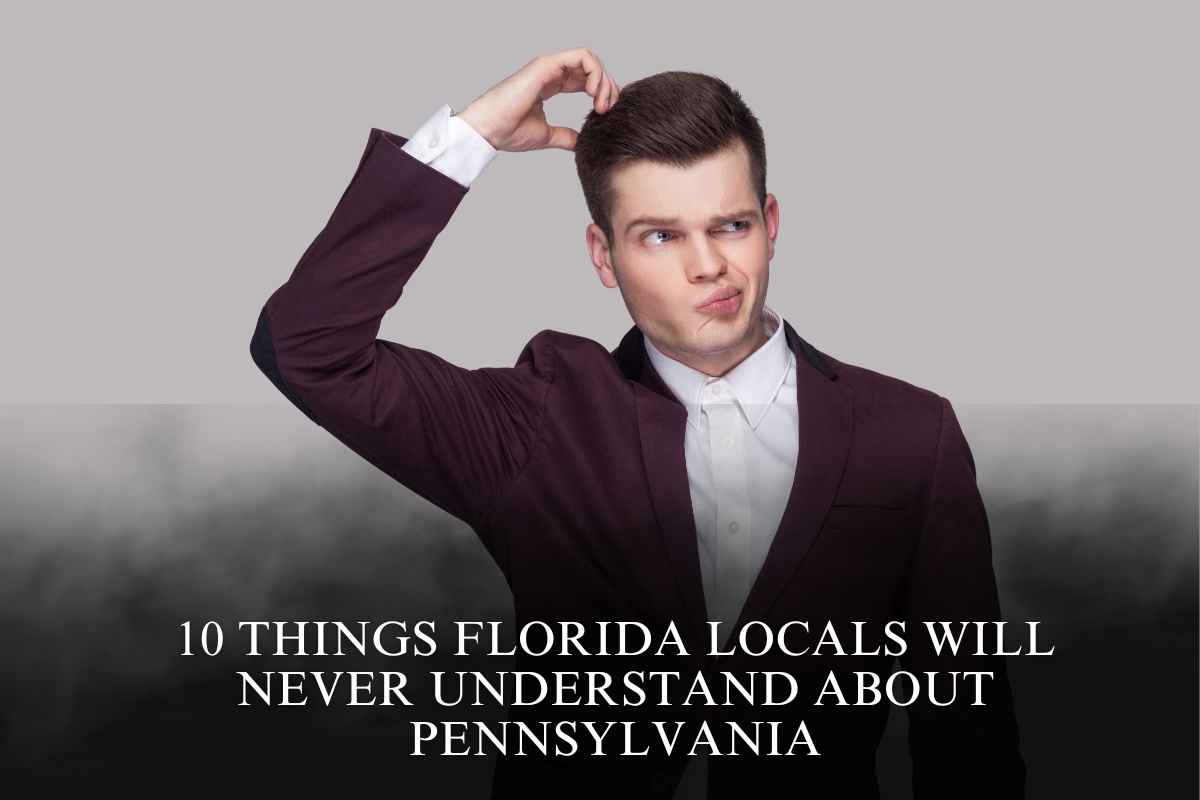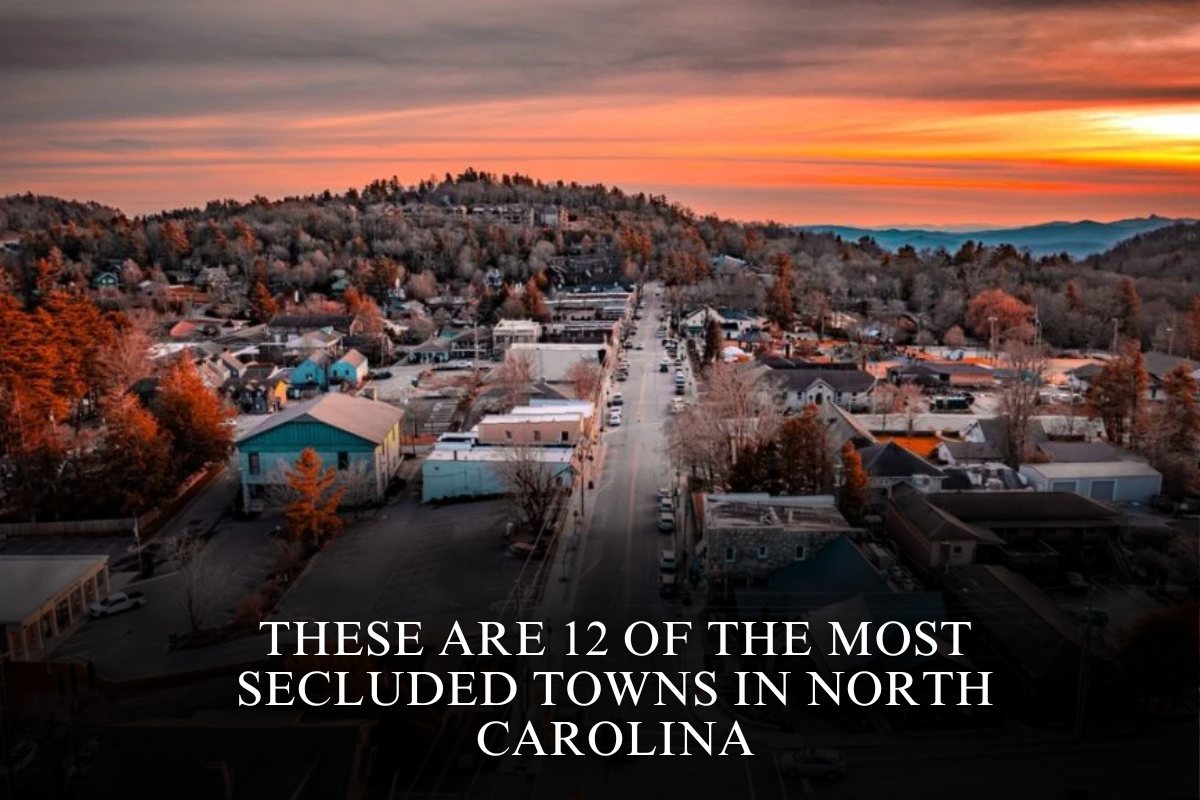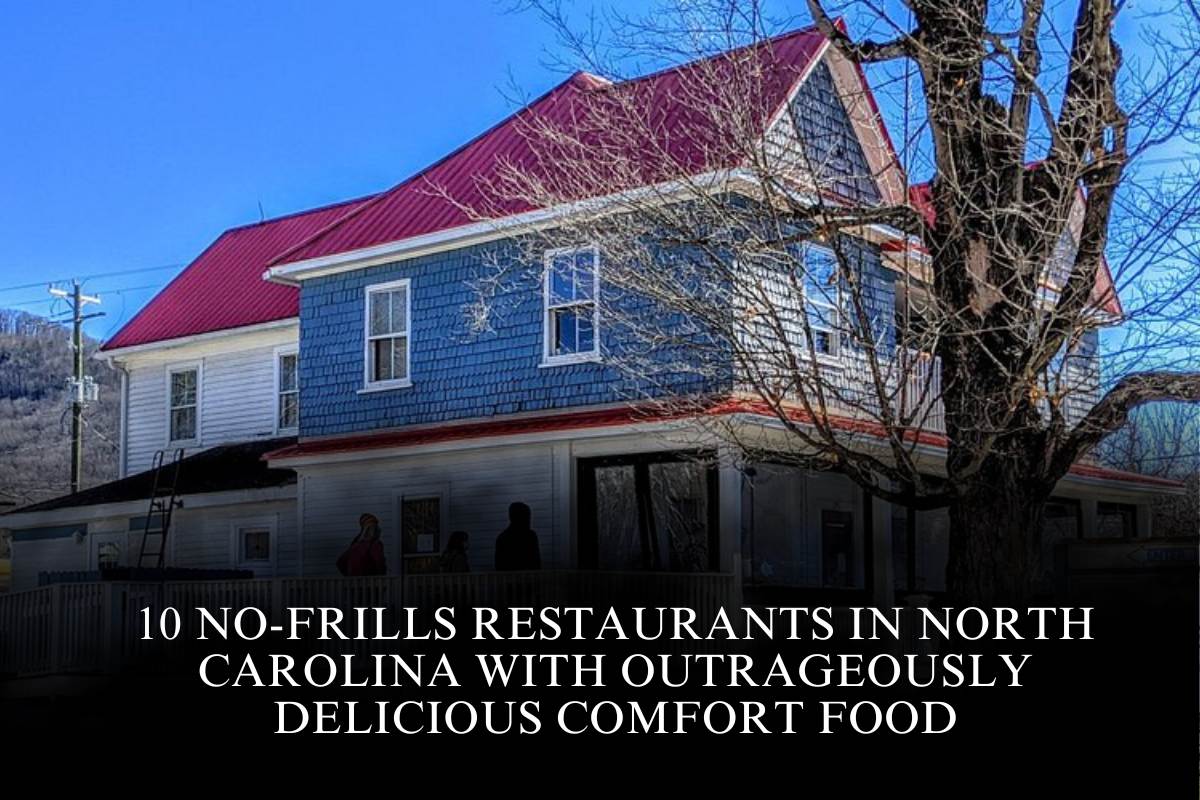On Thursday, President Donald Trump met with police and military officials in Washington, D.C., to oversee the increased presence of federal law enforcement and the National Guard in response to what he calls a crime emergency in the district.
Trump paid a visit to the U.S. Park Police Anacostia Operations Facility in Southeast D.C., which serves as a gathering point for all of the agencies involved in the operation, thanking officers and military personnel and delivering hamburgers and pizza from the White House.
Thursday afternoon, Trump left the White House in the presidential limousine known as “the Beast” with U.S. Attorney General Pam Bondi and White House deputy chief of staff Stephen Miller to visit the facility.
“I just want to thank everybody very much for being here,” he said. “I wanted to do it. We’ve seen some incredible results, and it feels like we’re in a different place. It’s like a different city. It is the capital. “It will be the best in the world.”
The president spoke for several minutes, touting his anti-crime push.
“You got to be strong, you got to be tough,” Trump urged the group. “You got to do your job. Whatever it takes to do your job.”
In a radio interview earlier Thursday, Trump said he would be “going out tonight” with the law enforcement and military, but he returned to the White House after the visit to the facility.
The president deployed the National Guard to assist the police one week ago, claiming that crime was out of control. According to officials, Guard personnel do not make arrests, but rather assist in temporarily detaining people before handing them over to law enforcement.
According to crime statistics released by the city’s Metropolitan Police Department, violent crime has decreased by 26% since 2024, reaching a 30-year low.
Trump told radio host Todd Starnes on Thursday that the D.C. deployment was “sort of a test” and that they planned to replicate the model in other cities across the country.
“It’s working so much faster than we expected. “We’ve arrested hundreds of criminals, hardline criminals, people who will never be good,” the president stated.
The president stated that Memphis would be added “early” to the list of next cities to be patrolled.
“Unfortunately, we have many cities like that. But I adore Tennessee. You’re aware that I won Tennessee by a significant margin. So it was a landslide, far exceeding even, you know, the Republican.
Republicans do well in Tennessee, but my number was about 35 points, and I’m glad you told me that I can put that early on a list, and I’m sure people will love it,” he added.
In June, Trump deployed the California National Guard to Los Angeles in response to protests against Immigrations and Customs Enforcement (ICE) raids.
Democratic Gov. Gavin Newsom sued the administration, claiming that it violated the Posse Comitatus Act, an 1878 law that prohibited the president from using the military as a domestic police force. There has been no ruling in this case.
Trump went on to claim that he “straightened out crime in four days in DC.” The president also brushed off criticism for his actions in the nation’s capital.
“And all I do, all they do is say, ‘He’s a dictator, he’s a dictator’ — people are getting mugged all over the place, and they give you phony records, like, it’s wonderful and it’s worse than it ever was, but we’ve got it going. People are extremely happy. “They’re going out to restaurants again,” he stated.
Trump’s remarks came a day after Vice President JD Vance, Defense Secretary Pete Hegseth, and White House deputy chief of staff Stephen Miller paid a visit to the National Guard at Union Station, only to be drowned out by protesters’ boos.
Nearly 2,000 guardsmen from D.C. and six states have been deployed to support Trump’s mission in the nation’s capital. They are currently unarmed, but officials say this is likely to change.
The troops have been stationed outside many tourist hotspots, including the National Mall and Union Station, which are known to have lower crime rates than other parts of the city. Trump and other officials have not provided a timeline for when the troop deployment will end.
On Wednesday, Vance dismissed crime statistics showing fewer incidents in Union Station. He claimed that they do not report the full extent of crime in D.C.
Mayor Muriel Bowser of Washington, D.C., criticized the Trump administration’s federal police surge in the nation’s capital on Monday, calling it politically motivated and unrelated to local crime.
“This does not make sense. “The numbers on the ground and in the district do not support 1,000 people from other states traveling to Washington, D.C.,” Bowser said.
